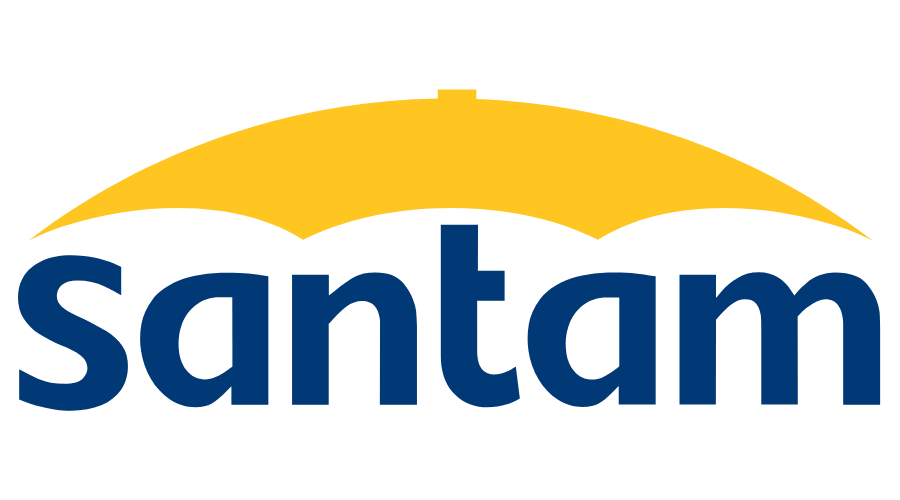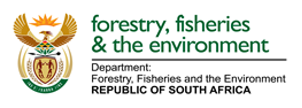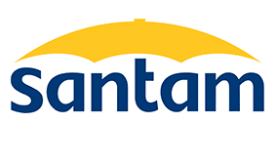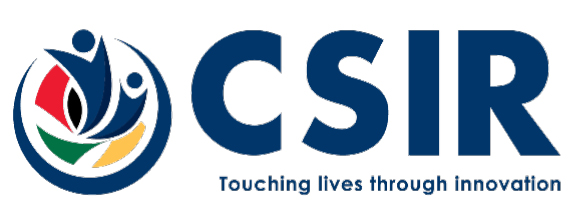WELCOME TO THE GREENBOOK TRAINING PORTAL!
The GreenBook Training Portal is your gateway to building practical knowledge and skills for climate-resilient planning and development in South Africa. Whether you’re a official, policymaker, practitioner, researcher, or community leader, this platform provides you with training modules to better understand and respond to climate risks.
What You’ll Find Here
This interactive training platform offers a series of twelve self-paced modules, each focused on key GreenBook themes, including:
- Climate change projections and impacts
- Vulnerability and risk assessment
- Adaptation planning and response options
- Mainstreaming resilience into local planning and development processes
- Tools, resources, and case studies to support decision-making
Each module is designed to be accessible, practical, and rooted in South Africa’s unique development context.
How It Works
You can approach your learning in a way that works for you:
- Complete the full training journey by working through all modules and brief assessments to earn a GreenBook Certificate of Completion.
- Adaptation planning and response options
Why It Matters
Climate change is already shaping the way we live, plan, and build. This training platform aims to strengthen capacity at local and regional levels by equipping users with the knowledge and tools needed to build more resilient, inclusive, and sustainable communities.
The National Disaster Management Centre (NDMC), as an official partner, supported the project by supplying data, endorsing the Green Book, disseminating information, giving advice and collaborating on the impact on policy.
Project finance
Project manager
Willemien van Niekerk
Willemien van Niekerk
Alize le Roux
Technical coordinator
Amy Pieterse
Project coordinator
Gerbrand Mans
Sibusisiwe Makhanya
Project monitoring and evaluation
Stakeholder organisations consulted in various capacities +
City of Cape Town
City of Tshwane
Conservation SA
CSIR
Department of Cooperative Governance and Traditional Affairs
Department of Environmental Affairs
Department of Rural Development and Land Reform
Department of Science and Technology
Development Bank of Southern Africa (DBSA)
ICLEI Africa
National Disaster Management Centre (NDMC)
National Treasury
Pegasys
Rhodes University
South African Cities Network (SACN)
South African Environmental Observation Network (SAEON)
South African Local Government Association (SALGA)
Stellenbosch University
Technical University Delft
The Presidency
University of Cape Town
University of Pretoria
Western Cape Province
WITS University
Spatial Planning and Land Use Management Act (SPLUMA), No16 of 2013
Climate Change Adaptation Sector Strategy for Rural Human Settlements
Integrated Urban Development Framework (IUDF)
We measure ourselves against international standards and conventions in respect of practices, systems and products.
We conduct our business on a scientifically sustainable basis.We continually look out for new and better methods and systems.
We strive to do the right things and to do things right.
We maintain high standards of strategic planning and management.
We realise our objectives of creating economic value, and social and environmental responsibility through our management standards which:
We enable our employees to do their work conscientiously and honestly, enhances productivity and guarantees increased income;
We create fair and beneficial relationships with our clients.
We want to operate and manage in a way which prevents and eliminates corruption and fraud.
We want to create a safe environment.
We want to contribute to the creation of a stable social, political and economic environment
Develop the ZZ2 System through innovation and entrepreneurship.
Create exceptional value for our customers.Increase productivity and efficiency through innovation and change, with the aim of being excellent in all that we do.
Live up to our value system of a sustainable and living open system.
We want to create a safe environment.
We want to contribute to the creation of a stable social, political and economic environment
Develop the ZZ2 System through innovation and entrepreneurship.
Create exceptional value for our customers.Increase productivity and efficiency through innovation and change, with the aim of being excellent in all that we do.
Live up to our value system of a sustainable and living open system.
© CSIR GreenBook 2025. All Rights Reserved.

REFERENCE GROUPS AND PEER REVIEWERS
The purposes of the reference groups and peer reviewers were to co-develop the research methodologies, peer-review the content, validate the outputs, and support dissemination and awareness raising. This was necessary because of the novelty of every step in compiling the Green Book. None of this research had been undertaken on this scale for the whole country before. Reference groups and peer-reviewers included people from NGOs, universities and national, provincial and local government. Reference group members were appointed to interrogate the appropriateness of the draft methodologies developed by the project team and to also refine and further develop the methodologies before they were adopted for use in the research. Draft chapters and other outputs such as policy briefs were reviewed and subsequently amended and/or expanded.
We acknowledge and thank the following reference group members: +
Dr Chris Jack, University of Cape Town
Dr Chris Lennard, University of Cape Town
Professor Coleen Vogel, University of the Witwatersrand
Professor Denis Huges, Rhodes University
Professor Guy Midgley, University of Stellenbosch
Mr Hassen Mohamed, Department of Performance Monitoring and Evaluation
Ms Helen Davies, Western Cape Province
Ms Intelligence Chauke, SALGA
Professor Mark Oranje, University of Pretoria
Dr Meggan Spires, ICLEI Africa
Mr Nabeel Rylands, Western Cape Province
Mr Peter Magni, Private Consultant
Ms Sarshen Scorgie, Conservation South Africa
Susan Parnell, University of Cape Town
Mr Vhalinavho Khavhagali, previously Department of Environmental Affairs
Mr Wandile Nomquphu, Water Research Council
We acknowledge and thank the following organisations who peer-reviewed sections of the work +
City of Cape Town
Conservation SA
CSIR
Department of Environmental Affairs
Department of Science and Technology
Development Bank of Southern Africa (DBSA)
ICLEI Africa
National Disaster Management Centre (NDMC)
Rhodes University
South African Cities Network (SACN)
South African Local Government Association (SALGA)
Stellenbosch University
The Presidency
University of Cape Town
University of Pretoria
Western Cape Province
WITS University








